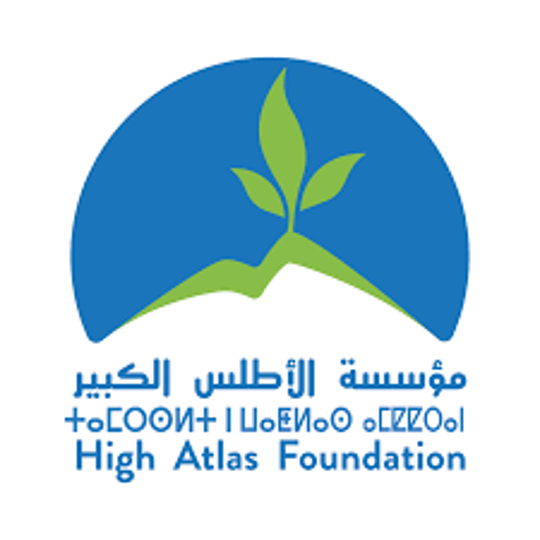UN INTERNATIONAL DAY OF PEACE – SUNDAY 21ST SEPTEMBER 2014

The mutually enforcing nature of bottom-up social development movements and top-down laws, policies and treaties, gives recognition to all people and groups that assist the coming-together of people to achieve the change they seek.
It should be clear that if peace is to exist among humanity it must be rooted in local circumstances and local conditions. For peace to thrive at the communal level, an age-old paradox needs to be reconciled, namely that the interests of both individuals and groups are no longer antagonistic, where one is achieved at the expense of the other, but instead are able to be satisfied through shared development processes.
Such projects are able to embody and meet the integration of local interests and needs if they are brought about through participatory planning methods. These methods require third party facilitation, firstly to draw out the perceptions and priorities of the local participants, including young and old, women and men, those who have and those who have less and secondly to build partnerships with local government, civil and business agencies.
The development projects that emerge from this process, being based on dialogue, assist local people in three ways – by identifying and working through their differences, embodying conflict management principles and advancing their socio-economic or environmental goals – or both.
The projects limit alienation because people no longer devote their days to work activities that could be undermining their basic interests and they promote peace through meeting people’s self-determined interests while satisfying community development objectives. Social and personal needs having been met in this way, through popular participation in their own and community development, peace is given a local framework most favorable to its growth.
In the context of national and international conflict, what is interesting is that the same methodology still applies, but can occur among representatives and leaders of the groups in conflict. The process, however, does not begin with – but rather culminates in – shared development planning. At the outset, there needs to be a sharing of past experiences and difficulties followed by an acknowledgement of those occurrences and, where appropriate, an apology. This kind of confidence-building dialogue must, moreover, be carried out in a genuine spirit of reconciliation. Thus conditions favorable to peace are created whereby the parties can coexist and reap tangible benefits from their mutual contact. Crucially, in order to promote actual peace, all of this must result in sustainable development for all the people.
Are there Sunnis and Shi’ites whose communities are literally side by side or are integrated, where these processes could build unity and avoid the spiral of distrust and hate?
Can Israelis and Palestinians continue to meet together and express what they must, acknowledge what they must and advance human development that enables not only Palestinian political but also economic self-reliance?
Can neighbors who are not in conflict but nevertheless are not in communication meet together in a meaningful way to forge an action plan and thereby advance their local development?
The net result of such localized occurrences is the spreading of the umbrella of peace over ever-larger geographical areas. At the same time, national and global leaders who establish charters that actively encourage and necessitate community meetings and sub-national development based on the popular common will, prepare the way for peaceful conditions on the ground from their top-level positions of responsibility.
True peace – the kind that steers our present and future and that responds to our hearts’ calling – therefore lies in the hands of all of us since its fruition requires actions at every societal level but which are directed entirely towards the people of our local communities. Moreover – and encouragingly – the goal of world peace can be operationalized, can have a budget, can have training workshops and has commenced. It now only requires a global rallying to support popular participation in the development that will change the lives of individuals and communities.
by Yossef Ben-Meir, HAF President